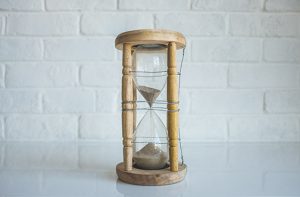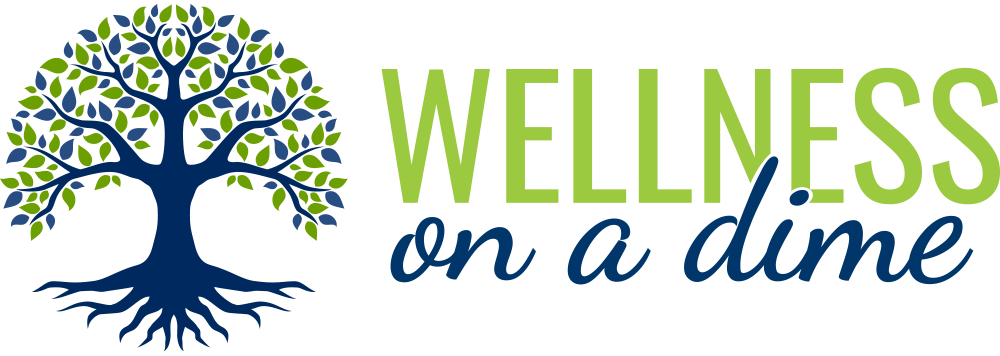 Timing workouts help the underachiever and people who push too hard, trying to get fit in a few weeks. When people don’t have a time limit, they often fill time with useless activities that don’t get them fitter, like walking around, visiting with others, and spending far too long resting between sets. Pushing too long past exhaustion can also lead to injury if you’re working out at maximum intensity. The workout needs to be long enough to get peak results but not so long that you waste time or push beyond your limits.
Timing workouts help the underachiever and people who push too hard, trying to get fit in a few weeks. When people don’t have a time limit, they often fill time with useless activities that don’t get them fitter, like walking around, visiting with others, and spending far too long resting between sets. Pushing too long past exhaustion can also lead to injury if you’re working out at maximum intensity. The workout needs to be long enough to get peak results but not so long that you waste time or push beyond your limits.
Exercise is a way to eliminate stress, but it can also cause stress.
Exercise burns off the hormones of stress. It can also stress your body, especially if you’re doing an intense workout. If you allow yourself to workout at high intensity for too long, it can cause burnout, injury, or diminish your immune system. When you time your workout, you must consider how intense it will be. A HIIT–high intensity interval training—workout should be shorter. The increased intensity doesn’t require as much time. Federal exercise guidelines suggest 150 to 300 minutes if the exercise is moderate but only 75 to 150 minutes if it’s intense.
You’ll be more efficient when you time your workout.
You won’t be as tempted to take an extra break to go to the water fountain and talk. You’ll move into the next set of exercises without resting your body as much. That can help you get into shape faster and improve your overall results. When you time your workout you’re more likely to stay on track and give each movement your best. You won’t waste time in the beginning and then rush through the rest of the workout or skip it.
Spending more time doesn’t better guarantee results.
If you notice others are getting better results even though you’re spending more time, you probably aren’t using your time to your maximum advantage. Creating a workout schedule you follow in the gym helps. It’s a way to time your workout. It makes you more efficient. Besides timing your workout in the gym, you need to assess the time of day you exercise. If you’re a morning person, exercising the first thing in the day is the most efficient. If you need twelve cups of coffee to make it until noon, it’s better to exercise later.
- If you’re pushing hard, especially if you’re doing strength training, your body needs between 48 and 72 hours to recover. After intense exercise, do a day or two of recovery workouts.
- Listen to your body. If you can easily talk or even sing while you workout, it’s not intense. If you can barely gasp out a word, it is.
- You can still do strength training every day if you work on different parts of the body. Work the upper body one day and the lower body the next. It gives the muscles time to rest.
- You can accurately measure the effort you expend with a heart rate monitor. If your resting heart rate suddenly increases, back off for a bit. Do less intense workouts. Your body is telling you it needs a break.
For more information, contact us today at Wellness On A Dime Coaching
